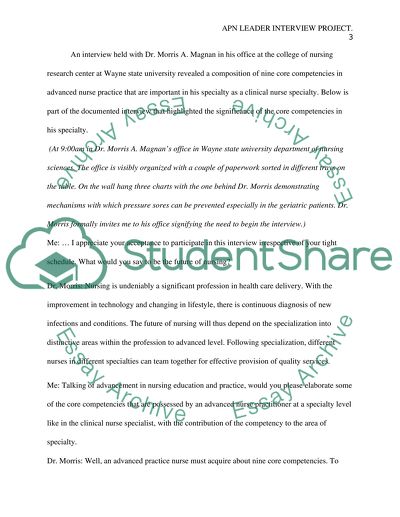Cite this document
(“APN Leader Interview Research Paper Example | Topics and Well Written Essays - 1250 words”, n.d.)
APN Leader Interview Research Paper Example | Topics and Well Written Essays - 1250 words. Retrieved from https://studentshare.org/nursing/1674910-apn-leader-interview
APN Leader Interview Research Paper Example | Topics and Well Written Essays - 1250 words. Retrieved from https://studentshare.org/nursing/1674910-apn-leader-interview
(APN Leader Interview Research Paper Example | Topics and Well Written Essays - 1250 Words)
APN Leader Interview Research Paper Example | Topics and Well Written Essays - 1250 Words. https://studentshare.org/nursing/1674910-apn-leader-interview.
APN Leader Interview Research Paper Example | Topics and Well Written Essays - 1250 Words. https://studentshare.org/nursing/1674910-apn-leader-interview.
“APN Leader Interview Research Paper Example | Topics and Well Written Essays - 1250 Words”, n.d. https://studentshare.org/nursing/1674910-apn-leader-interview.


